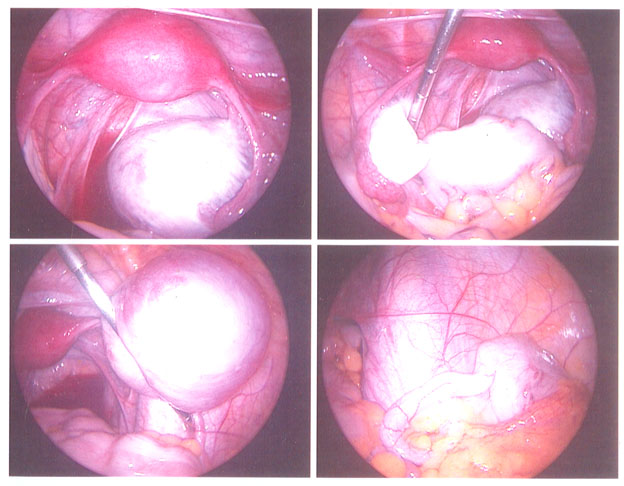Polycystic ovarian syndrome (PCOS), is a condition related to an imbalance in female hormones. It is also known as Stein-Leventhal Syndrome. The name PCOS comes from a common symptom that’s required for proper diagnosis: the growth of cysts on the surface of the ovaries, the female sex organs. Cysts are growths of tissue that can sometimes contain pus or fluid. They are benign (non-cancerous). Nowadays, however, patients can suffer from PCOS and the associated hormonal imbalances without having cystic ovaries.
The primary cause of PCOS is not clear, but changes in a particular type of hormone affect other types of hormones, and these changes ultimately manifest themselves into physical symptoms. Most commonly, there is an abnormal increase in androgens. Androgens are male sex hormones that are normally produced in small amounts by the ovaries. However, when the amount of androgens increases beyond its normal level, the excess androgens can cause acne, problems with ovulation, and unwanted facial or body-hair growth.
Other PCOS symptoms include:
- Weight gain
- Thinning hair on the scalp
- Irregular periods
- Depression
Image Source: Mariana Pacho López
It is very important for patients to get diagnosed and receive treatment for PCOS because the condition can also put them at risk for other medical conditions, such as:
- Type 2 diabetes
- High cholesterol
- Hypertension (high blood pressure)
- Heart disease
Unfortunately, PCOS is difficult to diagnose. In fact, there is no single test for accurately diagnosing PCOS. In addition, it can be challenging to recognize the condition given that symptoms can vary widely. Your doctor will examine your medical history during your appointment and specifically ask questions related to your menstrual cycles, fertility history (for example, history of pregnancies and miscarriages), and family history of gynecological and endocrine-related disorders. Other aspects of diagnosis include a physical exam with an emphasis on looking for hirsutism (unwanted hair growth in women), acne, and skin tags, as well as blood testing to check hormonal levels including testosterone.
There is no cure for PCOS. However, there are various treatments available which address symptoms related to PCOS. The most common treatments include birth control pills, metformin, and aldactone. Birth control pills regulate the menstrual cycle and also reduce testosterone; lowering testosterone levels helps to clear up acne and can reduce unwanted hair growth. Metformin also works to lower testosterone levels, but by controlling insulin in the blood. Aldactone, on the other hand, blocks the receptors for androgens, such as those for testosterone. Lifestyle changes, especially weight loss, are also extremely beneficial for individuals suffering with PCOS.
PCOS can greatly impact an individual’s life. Paradoxically, its symptoms are often ignored and its importance downplayed. Fortunately, women have begun to speak more openly about PCOS, helping to raise awareness about this previously neglected condition. Organizations like the PCOS Awareness Association and the PCOS Foundation work towards spreading the word about this disorder and providing information and resources to patients.
Feature Image Source: jensute by richie graham










